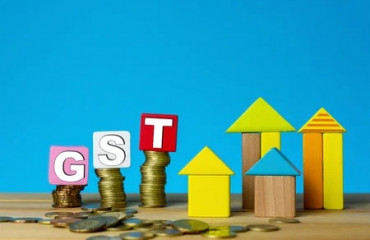
- 23 Dec 2025 06:20 PM
- New
Budget 2026: Govt weighs easing GST compliance for small businesses
India’s 73 million MSMEs contribute 30% to the GDP and 45% to the overall exports. The proposed reforms, which follow a cut in GST rates in September this year, come at a time when small businesses have been hit by the steep US tariffs of 50%.
Read More
- 23 Dec 2025 06:25 PM
- New
Perfetti looks beyond ₹1 candies to drive growth in India
Even as ₹1 candies continue to account for the bulk of sales, the candy giant is pushing higher-priced ₹5 and ₹10 products, expanded distribution and new launches to drive growth in India’s sweets market.
NEW DELHI: Perfetti Van Melle, the Amsterdam-headquartered candy maker behind Chupa Chups, Mentos, and Alpenliebe in India, is pushing consumers toward higher price points of ₹5 and ₹10, even as ₹1 candies continue to dominate the market. The shift is part of the company’s effort to balance its portfolio in a candy market still heavily skewed toward ultra-low-value purchases.

- 23 Dec 2025 06:58 PM
- New
Indian econ not immune to external headwinds but domestic growth remains resilient: RBI report
Mumbai: Global headwinds, including trade and policy uncertainties, continued to weigh on the Indian economy in the ongoing quarter, leading to foreign portfolio outflows. However, economic growth has been resilient on the back of domestic policy and regulatory support, according to the Reserve Bank of India (RBI).
Read More
- 18 Dec 2025 05:31 PM
Call for GSTR-9 & GSTR-9C Due Date Extension After Major FY 2024–25 Changes
Rinav Khakhar 18 Dec 2025 0 comment Goods and Services Tax | Featured, News
A professional body representing tax practitioners submitted a detailed representation to the Union Finance Minister, the Maharashtra Chief Minister, and GST authorities seeking an extension of the due date for filing FORM GSTR-9 and FORM GSTR-9C for FY 2024–25 up to 31 January 2026.

- 18 Dec 2025 05:26 PM
GST-cut led lower premiums aren't enough to drive health insurance sector growth: Insurers
Mumbai: The recent exemption of retail health insurance from the goods and services tax regime has helped reduce premiums. But that alone is not enough to drive growth as the industry continues to battle issues such as high medical inflation, inadequate coverage, differentiated healthcare and claims experience, insurers said in a panel discussion at Mint’s BFSI Conclave 2025.
Read More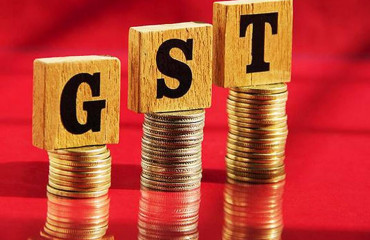
- 17 Dec 2025 06:11 PM
PB Fintech: Worries over insurance bill add to risk posed by GST changes
Shares of PB Fintech Ltd have fallen more than 7% over the past two trading sessions, as the Insurance Amendment Bill 2025 emerges as a potential headwind. The stock had only just begun to recover from recent goods and services tax (GST) changes.
Read More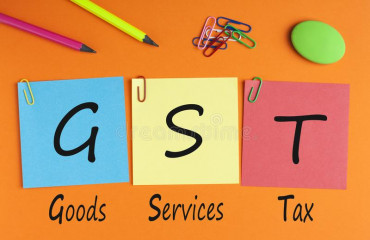
- 17 Dec 2025 06:06 PM
Locking phone features for missed payments could reduce delinquency and boost credit outreach
Now that software—on smartphones for example—is vital to most of our livelihoods, the use of non-essential services could be held as ‘digital collateral' for repayments. There are case studies of the role it plays in low-risk credit expansion.
Read More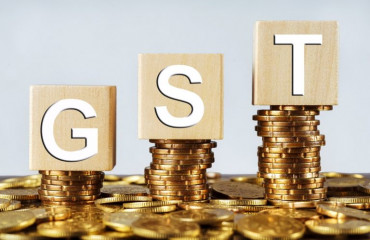
- 16 Dec 2025 05:53 PM
Govt identifies 489 fake GST registrations linked to forged PAN, Aadhaar till October; ₹3,000 crore tax evaded
The government identified 489 fake GST registrations linked to forged PAN and Aadhaar, resulting in over ₹3,000 crore tax evasion. In FY'25, as many as 3,977 fraudulent registrations were detected, leading to ₹13,109 crore evasion.
Read More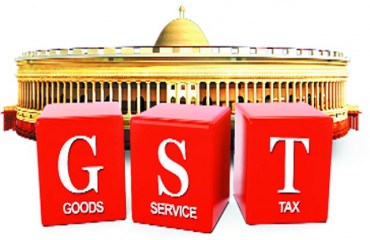
- 16 Dec 2025 06:26 PM
GST 2.0 Structure And Economic Impact
Source: https://taxguru.in/goods-and-service-tax/gst-2-0-structure-economic-impact.html
In reply to an unstarred Lok Sabha question on GST 2.0, the Ministry of Finance stated that the reform has simplified and rationalised the GST rate structure with the objective of supporting economic growth, formalisation, and ease of doing business.
Read More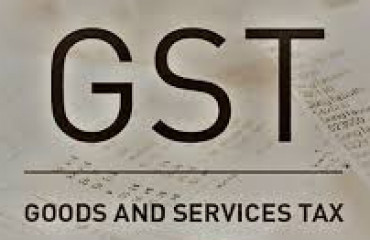
- 15 Dec 2025 05:48 PM
GST relief, festive rush fail to revive small cars as buyers flock to SUVs
Despite federal tax cuts aimed at reviving small car sales, recent data shows consumers favoring larger vehicles. Small car sales increased by just 3%, while compact SUVs grew by 17%, indicating a shift in buyer preferences amidst ongoing debates over emission norms.
Read More